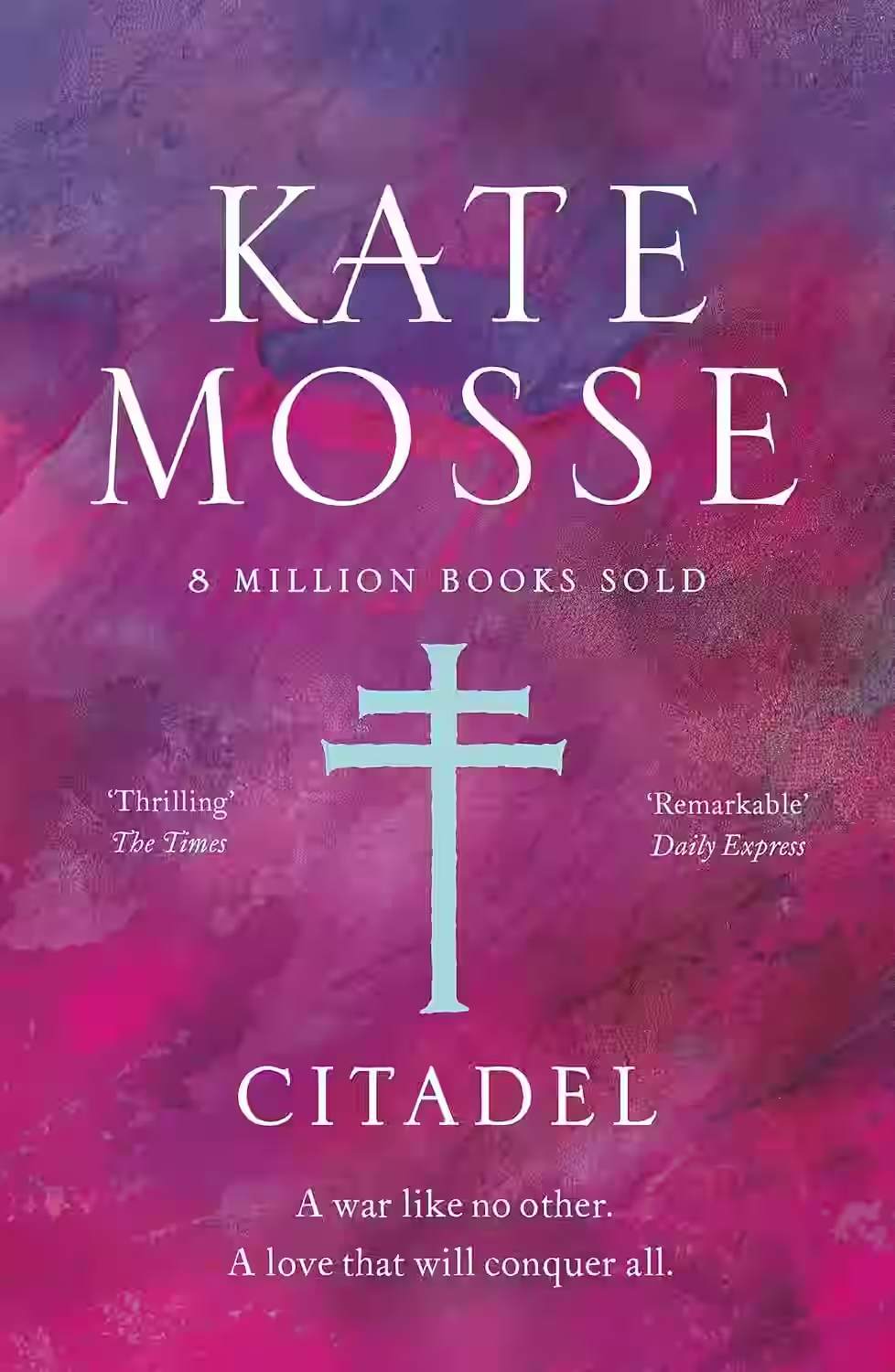
Kate Mosse's 'Citadel' is a riveting historical novel set against the tumultuous backdrop of World War II in the pyrenean town of Carcassonne. The story intricately weaves the lives of courageous women, led by the resilient Sandrine Vidal, who form a spirited resistance group called Citadel. As these brave individuals battle the Nazi regime, the narrative delves into themes of bravery, sacrifice, and sisterhood amidst oppression. Mosse beautifully blends historical facts with a mysterious quest for a lost codex, adding an aura of mysticism and intrigue. The novel's vivid descriptions and well-researched historical details immerse readers into a poignant tale of defiance and hope.
About Languedoc Series
Kate Mosse’s Languedoc Trilogy—Labyrinth, Sepulchre, and Citadel—is a richly layered historical series set in southern France across different time periods. Labyrinth follows Alaïs in 1209, guarding a sacred book tied to the Holy Grail, while in 2005, archaeologist Alice Tanner uncovers secrets buried for centuries. Sepulchre moves between 1891 and modern times, linking tarot, music, and hidden legacies through the lives of Léonie and Meredith. Citadel is set during World War II, where Sandrine joins a female resistance group protecting ancient knowledge. With mystery, adventure, and strong female leads, the trilogy blends past and present in a compelling narrative of love, sacrifice, and history.
About Kate Mosse
Kate Mosse is an internationally acclaimed British author known for her historical and gothic fiction. Born on October 20, 1961, in Chichester, England, Mosse initially pursued a career in publishing and media, co-founding the Women's Prize for Fiction in 1996. She gained widespread recognition with her bestselling novel 'Labyrinth' (2005), part of the Languedoc Trilogy, which skillfully intertwines medieval and contemporary narratives. This series established Mosse as a formidable voice in historical fiction, characterized by meticulous research and richly drawn settings. Her subsequent works, including 'Sepulchre' (2007) and 'The Taxidermist’s Daughter' (2014), have further cemented her reputation. Mosse's contributions to literature extend beyond her novels as she continues to champion gender equality in the literary world. Her compelling storytelling and advocacy work have left a significant impact on modern literature, inspiring writers and readers alike.
Other Books by Kate Mosse
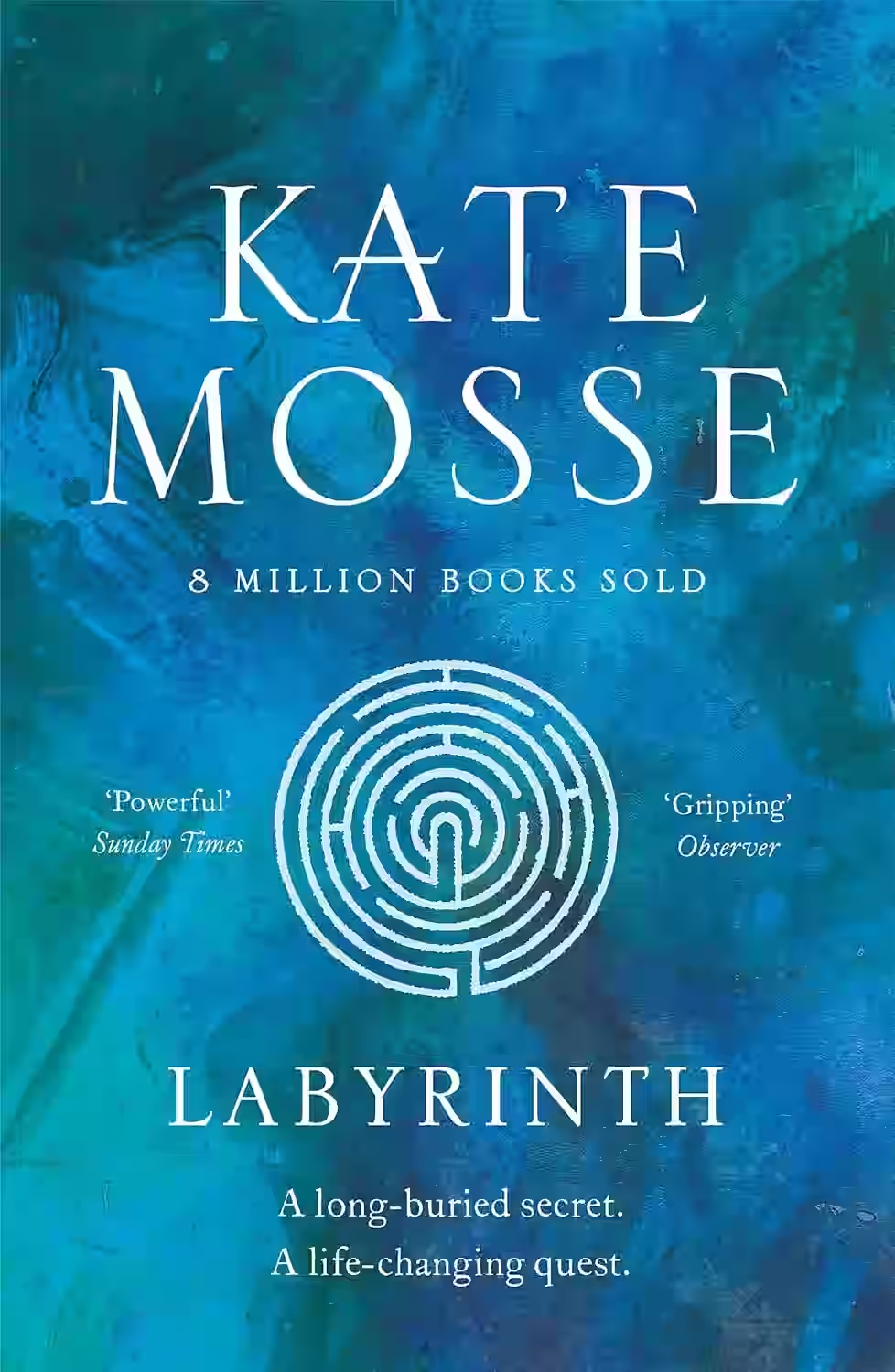
Labyrinth
by Kate Mosse
Series: Languedoc (#1)
In 'Labyrinth,' Kate Mosse weaves a captivating dual-timeline tale, intricately connecting 13th-century Carcassonne with present-day France. The novel explores themes of history, destiny, and the eternal struggle between good and evil. Readers are introduced to Dr. Alice Tanner, who stumbles upon a mysterious cave during an archaeological excavation, uncovering a parallel story of Alais, a young woman in 1209 whose discoveries could alter the tide of history. Mosse's work is renowned for its lush, atmospheric depictions of the medieval Languedoc, merging historical fiction with a gripping mystery. This enthralling narrative embarks on a journey through time, capturing the essence of human courage and the relentless pursuit of truth amidst treachery and war.
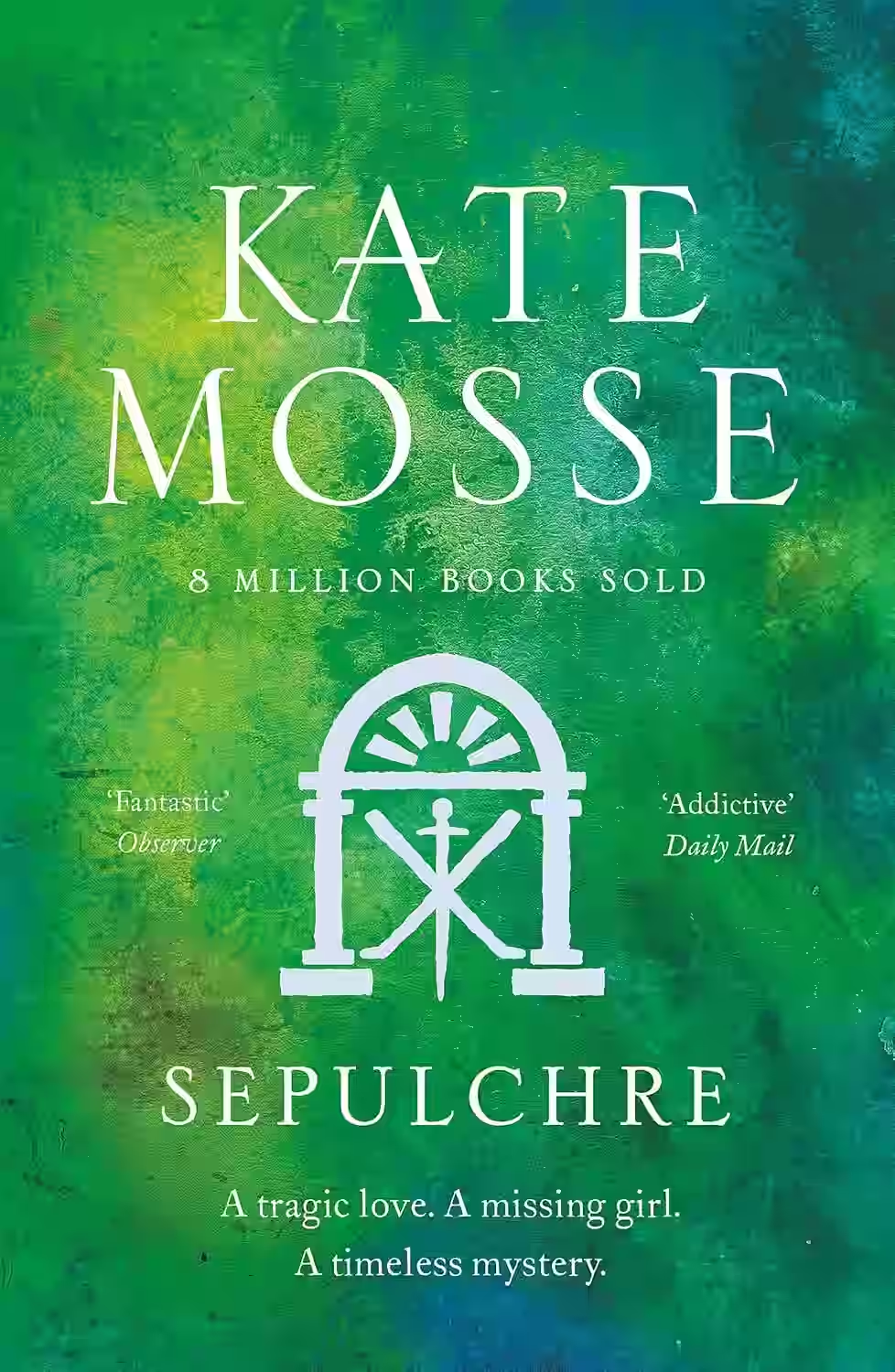
Sepulchre
by Kate Mosse
Series: Languedoc (#2)
Kate Mosse’s 'Sepulchre' intricately weaves a dual timeline narrative, drawing readers into a gripping world of history, mysticism, and suspense. Set against the backdrop of the Languedoc region in France, the story alternates between the late 19th century and the modern day, engagingly intertwining the lives of Léonie Vernier and Meredith Martin. As Léonie unravels her family's secrets in a haunted estate, Meredith embarks on a journey connected to her own past and destiny, echoing themes of fate and legacy. Mosse masterfully blends a gothic atmosphere with elements of tarot and the supernatural, delivering a richly detailed and enchantingly mysterious tale that explores the complexities of power, history, and sacrifice.
Similar Books

Before I Go to Sleep
by S.J. Watson
In 'Before I Go to Sleep' by S.J. Watson, we are drawn into the gripping story of Christine Lucas, a woman who wakes up every day with no memory of her past due to a rare form of amnesia. As she pieces together fragments of her life through the journal she keeps at the insistence of her therapist, Christine uncovers shocking truths that challenge her perception of reality and the people around her. This psychological thriller delves into themes of trust, identity, and the unreliability of memory, keeping readers on the edge of their seats with its twists and turns.
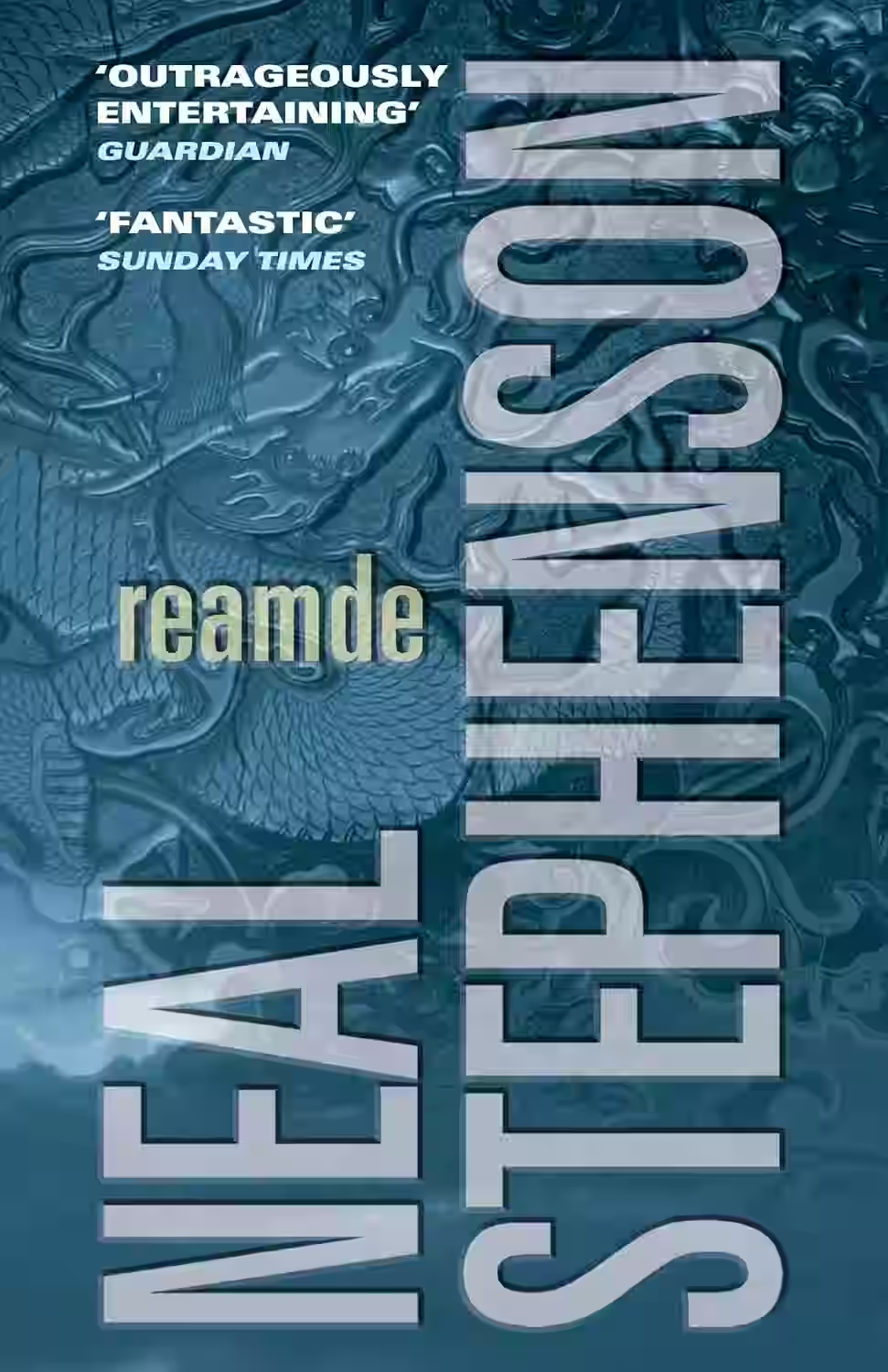
Reamde
In "Reamde" by Neal Stephenson, readers are thrust into a complex narrative that intertwines the digital and real worlds through a fast-paced thriller. Set against the backdrop of an online game called T’Rain, the story follows Richard Forthrast, a gaming mogul whose virtual landscape gets tangled in a sophisticated piece of ransomware, Reamde. This malware attracts the attention of various global factions, drawing players, spies, and criminals into a globe-trotting saga of intrigue and deception. Stephenson explores themes of cyber-security, identity, and the blurry line between entertainment and reality, all while offering sharp insights into global economics. With its intricate plotting and vast array of characters, "Reamde" is both a technological adventure and a deep dive into cultural collisions. It showcases Stephenson's ability to blend high-octane action with intellectual rigor, making it a compelling read for fans of tech-heavy thrillers.
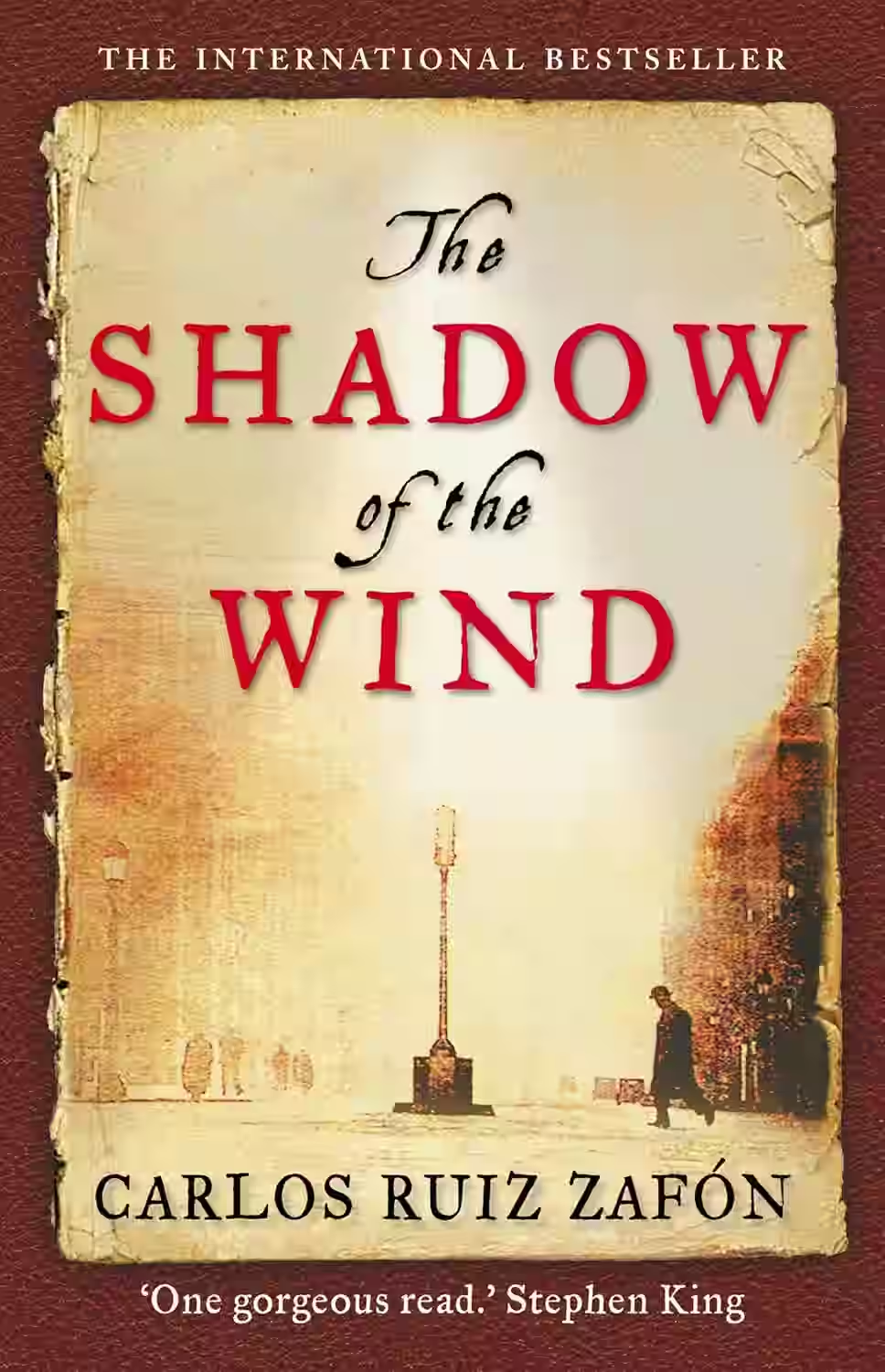
The Shadow of the Wind
Series: The Cemetery of Forgotten Books (#1)
In post-Civil War Barcelona, young Daniel is introduced to a mysterious book that will change his life forever. When he tries to find other works by the author, he discovers a dark mystery involving a disfigured man who has been systematically destroying every copy of every book the author has written. Daniel's investigation pulls him into a story of murder, madness, and doomed love.
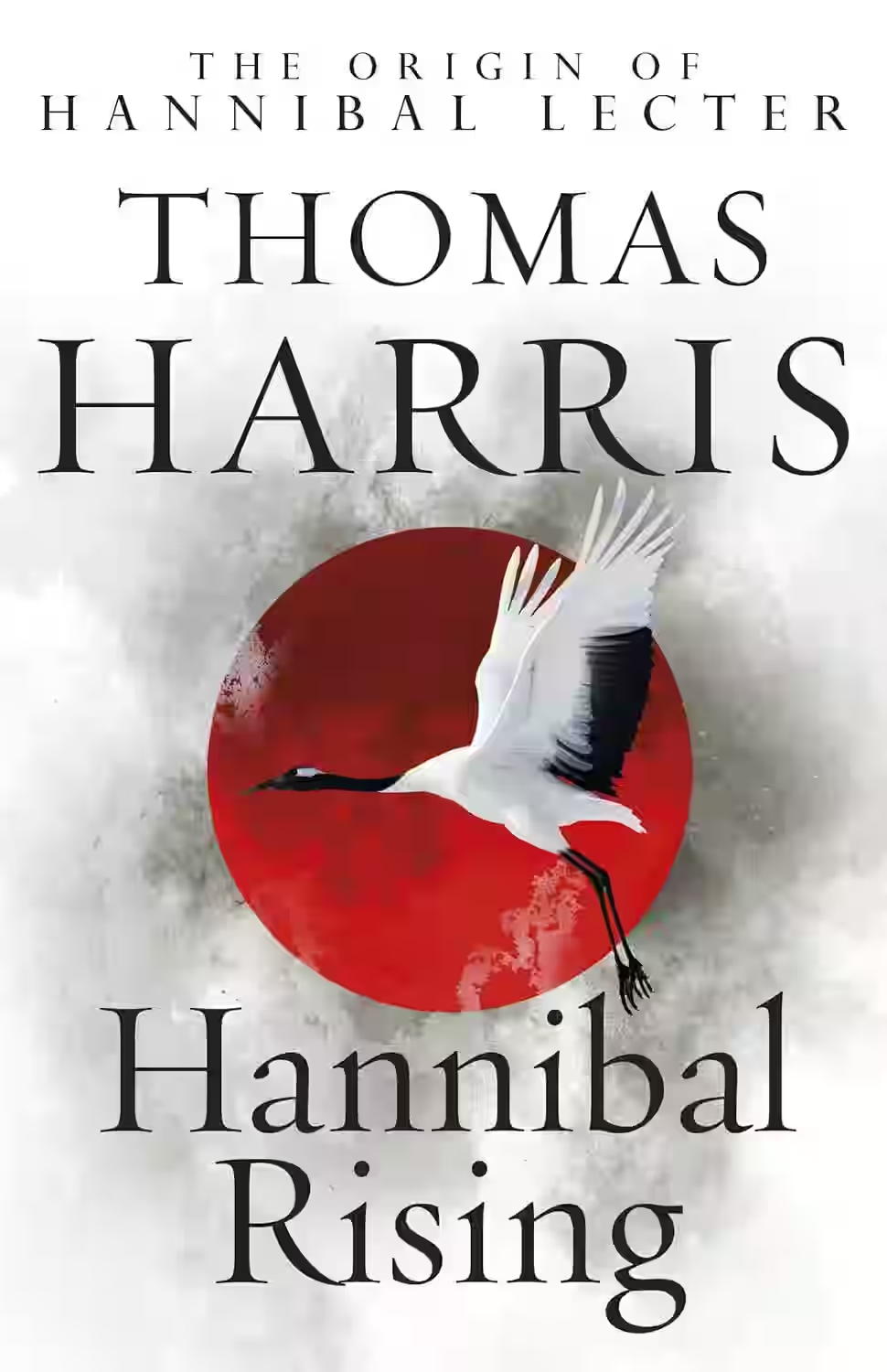
Hannibal Rising
Series: Hannibal Lecter (#4)
In 'Hannibal Rising' by Thomas Harris, readers delve into the chilling origins of the infamous character, Dr. Hannibal Lecter. The novel explores Hannibal's traumatic past, illustrating the events that shaped him into the serial killer he becomes. Harris masterfully weaves together themes of revenge, resilience, and the thin line between good and evil. The plot follows Hannibal's quest for vengeance against those who wronged him during World War II, showcasing his descent into darkness with a disturbing yet captivating narrative. This psychological thriller provides an unsettling look into the mind of a complex and sinister protagonist.